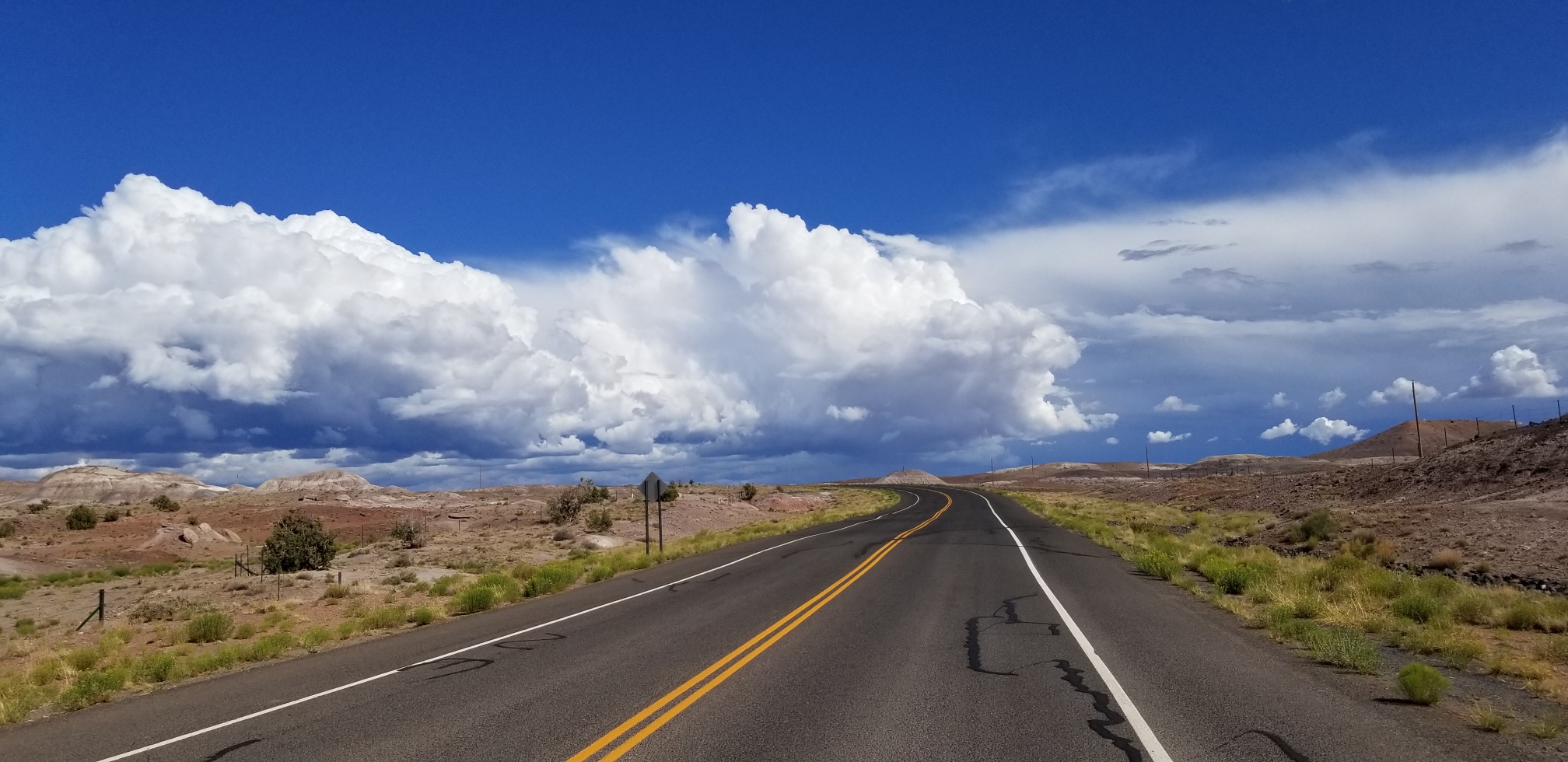
- Details
- By Darren Thompson
On Friday, July 15, Navajo Nation President Jonathan Nez signed an agreement from the Navajo Nation Tribal Council to spend $1 billion to improve water quality, sanitation, housing, and communications infrastructure on the largest Indian reservation in the United States. The funding comes largely from the American Rescue Plan Act (ARPA) with additional funding to come from an infrastructure bill signed by President Joe Biden in November 2021 that earmarked $20 billion for Indian Country.
“This historic investment in our communities and our people represents Nation building and better quality of life,” said Navajo Nation President Jonathan Nez in a press release. “More water, electricity, broadband, housing, and hardship assistance will be provided to elders, youth, veterans, students, families, and others.”
The signing of the resolution is the Navajo Nation’s largest investment in infrastructure development in its history, it said in a statement. The legislation was sponsored by Council Delegate Mark Freeland and approved by the Council by a vote of 20-2, during a special session held on June 30.
“It’s historic because our people have gone through a lot because of COVID-19,” said Navajo Nation Delegate Mark Freeland in a statement. “Our eight regional chapters were hit hard and they have significant needs for water, electricity, broadband, and bathrooms and that’s why I wanted to sponsor this legislation. This is for all of the families that have to haul water and use generators, especially those who live in the very remote areas.”
Resolution CJN-29-22 provides the following:
- $215 million for water/wastewater
- $96.4 million for home electricity connections
- $120 million for broadband
- $130 million for housing
- $120 million for new hardship assistance applicants
- $150 million for bathroom additions
- $210 million for local chapter priorities
- $35 for E911 and public safety
- $19.2 million for health care
- $5 million for cyber security
- $15.5 million for former Bennett Freeze area housing
The Navajo Nation received over $2 billion from the ARPA, the most any tribe received for the relief of the COVID-19 pandemic, which severely crippled the Navajo Nation. Leaders and community members said the lack of infrastructure contributed to the spread of the virus, which has claimed over 1,800 lives on the Navajo Nation. Many families live in multigenerational homes.
The Navajo Nation was the first tribe to implement curfews and weekend shutdowns of many businesses and services during the pandemic. The Navajo Nation opened its businesses including tourist sites and casinos after the rest of the country.
More Stories Like This
New Mexico Will Investigate Forced Sterilization of Native American WomenUSDA Expands Aid for Lost Farming Revenue Due to 2025 Policies
Two Feathers Native American Family Services Wins 2026 Irvine Leadership Award
Bill Would Give Federal Marshals Authority to Help Tribes Find Missing Children
Indian Health Service to Phase Out Mercury-Containing Dental Amalgam by 2027

